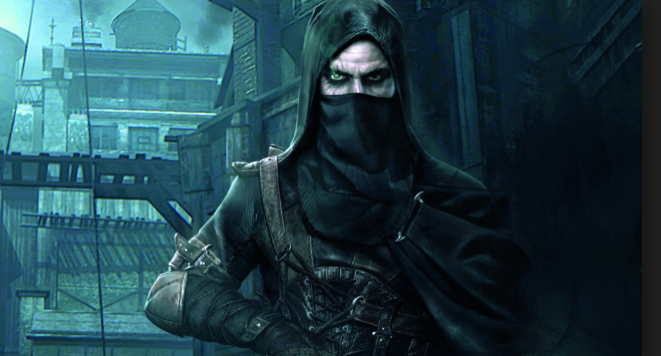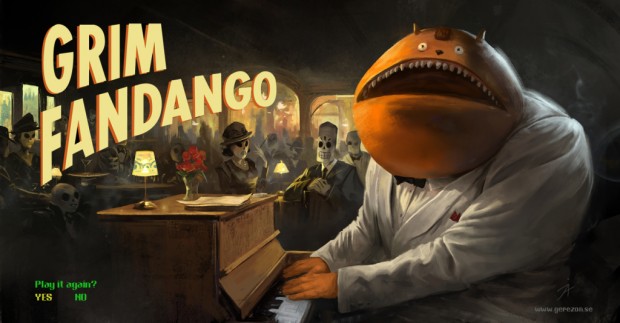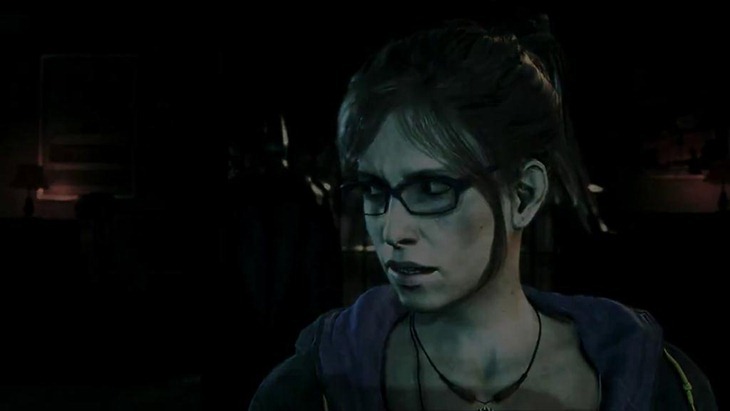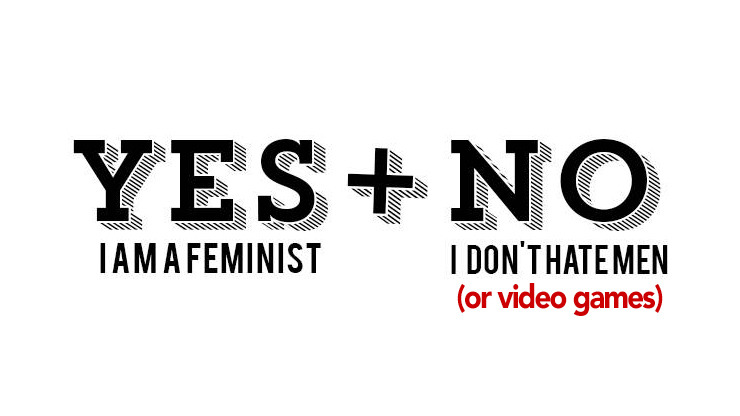I must first begin with a disclaimer: there is a good deal of rant in the post that follows and for that I apologize. When I was first told that there was a growing movement of male fans of the latest Disney princess movie Frozen who had begun to draw attention to themselves and be associated under a seemingly unironic name of “brozen,” I shuddered. I literally had a physical response of repulsion to the very idea. I certainly don’t mind if men are fans of something that’s traditionally marketed for female audiences; in fact I find the whole gender-specific media marketing problematic in its own right, though that’s another discussion entirely. But the thought of adult men invading a space meant for young girls, defining themselves as special fans because they’re defying gender roles, and making the fandom uninhabitable for the very audience it was originally created for pushes me past my breaking point. Of course this scenario should sound familiar; it’s exactly the same phenomenon as the “brony” fandom – a rather large group of adult men who proclaim to be fans of cartoon ponies. In general I guess you could say that I have a distrust of this brony ideology. So when I learned that the brony fandom had deliberately gone against the wishes of a mother and her ill son, I decided that I had enough.
In the latest episode of My Little Pony: Friendship is Magic – a cartoon about magical ponies who join together in friendship that embodies many feminist and empowering female ideologies – a teenager with spinal muscular atrophy and other life-threatening conditions had his pony original character (OC) written into an official episode as a part of the Make A Wish Foundation. As a long time fan, Sylvain Portelance wanted his character, Stellar Eclipse (which is pictured above), and his physical disability (he uses a wheelchair much like his pony) to be represented in the show. However when bronies began to create pornographic images featuring his character and just generally discus him inappropriately, Sylvain’s mother posted a message to the fandom reminding them that he was a minor and that he didn’t want his wish and contribution to be portrayed in such a way. But how did the bronies (especially those of 4chan’s /mlp/ forum) respond? They made more of it, said he should be flattered that his OC was being used in such a way, and disregarded the mother’s requests in typical troll fashion. Many of those not directly involved chose to devote their time to insisting that bronies “aren’t all like that” rather than working within the community to teach the others why they were being inappropriate.
This recent incident exemplifies the disrespect and callousness that runs so rampant within the brony community. Being racist and homophobic, taking characters designed to be positive role models for children (and young girls in particular) and attaching sexualized and misogynistic themes to them, making browsing the internet for anything MLP related unsafe for children, and harassing minors are all on their metaphoric “rap sheets.” But the brony fandom’s first and original offense began will always be the appropriation of a series meant to empower young girls and essentially making it hostile and unwelcoming for those who don’t fit with them.
Strangely in video games I often see this sort of “hostile takeover” occurring in mock video game playthroughs or reviews. It is not often that games are marketed and designed specifically for girls. Those that are generally revolve around some traditionally associated aspect of conventional femininity – dress-up or beauty games, games that involve caring for animals (especially horses), and simulation games like Cooking Moon are often what are labeled as “games for girls.” But recently after attempting to rediscover a favorite childhood horse game of mine (I was a rider and fanatic and so combining a love of horses with games was a great thing for me), I encountered a variety of adult male YouTube users who broadcast “let’s plays” of these sorts of games with “humorous” commentary. Some of their points are valid critiques of the game’s mechanics, rather ridiculous dialogue or the story. But more often than not they would attack the game as being “stupid” or terrible without ever considering that they are far removed from the game’s intended audience. Designed with stereotypical girl interests or not, these are still games that girls want to play (I for one was so interested in horses that I even played games like Barbie Horse Adventures when I generally disliked the Barbie mystique) and validate them as gamers. But there are generally few or no genuine playthroughs of these games compared to those being played to mock them which can contain any number of inappropriate themes. And more often than not these jokes seem like veiled ways of trying to defend their masculinity while they customize their riding outfits.
What might have once been safe places, mediums, and fandoms for young girls now seem to be thrown by the wayside as they continuously get invaded by adult men who claim them for themselves and twist it to meet their wants and needs. So while women and girls are continuously degraded as being “fake gamer girls” or harassed for attempting to participate in historically male-dominated mediums, brony groups and these gamers may be praised for defying gender norms and taking the fandoms away from the very people they were once created for.





4 thoughts on “Twisted Appropriation or Why Bronies Really Bug Me”
I’m sorry, but you make a few leaps here that I simply can’t agree with. First, you choose to condemn the brony culture for the behavior of a specific subset of the group. Now, I’m only marginally familiar with the group, but I’ve been nothing to suggest that the rule 34ing of MLP was something that either universal or unique to bronies.
Second, you claim that “brony groups and these gamers may be praised for defying gender norms,” but I don’t see that at all. The bronies on my campus, for example, are hardly praised for their choice of fandoms, and specifically mocked for their choice of a product aimed at young girls. No one holds them up as heroes for defying gender roles. Additionally, would it not be fair to say that the makers of MLP have chosen to cater to the alternative fanbase as well as their original target audience? Items like the MLP card game, clearly aimed at bronies, rather than young girls, appear to support the idea that the creators want to expand their fanbase in that direction.
Honestly, I have a real problem with your choice of targets here. The bronies that I have had the chance to meet are, by and large, students who have found themselves as outcasts or targets of ridicule. Brony culture has become a safe space for them, where they are able to connect with other students in a similar situation. The brony group on my campus is LGBTQ-friendly, and probably more so than most other campus groups. Brony culture has become an escape for many young men (and women and genderqueer)who haven’t been able to fit in elsewhere. The other groups that traditionally accepted “outcasts” from this age group, like table top gamers, larpers and the like, are still overwhelmingly cis and hetero
normative.
Look, I agree with your argument against those who take the MLP characters and make them more “adult” or sexualized. I would never take my own goddaughter to a bronycon for that reason alone, but I believe you go to far in your condemnation here.
Of course I’m not saying that all bronies act this way and participate in this kind of behavior. But I am not so sure it is as much of a small subset as some claim. I have occasionally followed the fandom and the show and, from what I have gathered, there is a significant portion of those who identify as “bronies” who exhibit this behavior, if not a majority. Not all of the bronies are like that, true, but enough are around to where it’s a problem and a staple of the community. If a brony really cares about making the fandom safe and equal and positive they would call people out who say and do stuff like this. But the sad thing is that they don’t, or not often. So many bronies rise to the defense that “bronies aren’t all like that” but then do nothing to prove otherwise. They become complicit in the negative and offensive behavior because they identify as bronies and do nothing to counteract or eliminate the behavior in the fandom. I am just confused as to why, if there are so many bronies who “aren’t like that,” these forums or sites or whatnot aren’t patrolled? Why aren’t members who “misbehave” in this way corrected or scolded? Why is it just accepted as a part of the fandom, or even defended? That is what I don’t understand. If these bronies who “aren’t like that” were in the majority and really wanted to prove that their group isn’t so offensive and problematic, I feel that we would see efforts to make it so. I do see it in people who do not self-identify as bronies but rather just as fans of MLP (because they don’t want to be complicit in brony behavior) but very rarely from other bronies.
I think that I both agree and disagree with your second point. There is certainly some ridicule and maltreatment that is directed towards male fans of the show as a result of gender roles, especially by people who are not fully aware of the situation. But as the group gets bigger and gains more influence I’d argue that this is changing (much like nerds and geeks are becoming almost desired identities). The Brony documentary commends the defiance of gender roles and is a literal representation of this.
Part of the problem is that bronies are being catered to, and that when they aren’t they throw fits. I have seen them overreact in anger when MLP creates material that little girls would primarily be interested in (like the Equestria Girls stuff). In literal terms of consumer purchasing power and fandom sites and whatnot, bronies have taken over MLP and have assumed it as theirs. But when women try to enter a typically male dominated fandom/zone/whatnot like video games, we get harassed and told we’re “not real gamers” or “not real fans,” get questioned rigorously about our favorite titles. We are barely even treated like an audience let alone catered to (as the creators of MLP do acknowledge the brony fandom – like the example of Derpy being written into the series). In fact, the show Young Justice was cancelled because the network did not want adult women – who had become the largest demographic of the show – as an audience.
It’s great that the brony culture on your campus is a safe place. Unfortunately I think it’s far from safe in a majority of its outlets – namely, online. There is just too much sexism, racism, and homophobia to ever label the brony fandom as a safe place. And if (in the case of the adult men fans) creating a safe space in the form of the brony culture means creating it in a way that is inherently unsafe for people who don’t fit those norms, it’s not really a safe place at all. It just becomes another thing where the voices of cis white men are at the forefront.
A recent episode of Bob’s Burgers sort of addresses this problematic invasion of a space designed for young girls (featuring magical horses) by threatening male presences– I thought it, and this post, resonated with my own distrust of brony culture.
I know they’re not all like that, but the community seems to be unwilling to address the very troublesome segment of its population that sexualizes and exploits this cartoon imagery designed for young girls. A documentary on Netflix about Bronies presents the community in a purely positive light, and does not address any of the legitimate reasons why people have a problem with them.
Brony culture is so gross anymore. Frankly, I think male MLP fans that know better don’t call themselves bronies anymore, and that’s for an obvious reason. In general, the way in which adult males desperately invade and cling to spaces made specifically for little girls is so disconcerting; especially since they seem to be so blasted oblivious and obtuse. It’s how vocal they get about it too. From MLP to Frozen to magical girls. It’s obnoxious, and I like that creators/companies are speaking out and taking action to some extent, but I wish there was a way to do more.
What’s interesting about the Brony culture part is how it clashes with elements of the show and fandom as a whole. I remember seeing Logo had a documentary on the Bronies, and at first I rolled my eyes; but then I decided to watch and see if they recognized any adult, female fans and how the bronies would be treated. Sure enough, they did showcase some of the more loud behavior, but try to mask it. And through most of the documentary, female fans weren’t given much room – until a specific part where they burst in and make it known that they contribute and won’t be excluded – but it’s hard to say if the response to that in the documentary highlighted the dissonance or was completely lacking in self-awareness.
That really bugs me about those LPers too. Like, when it comes to children stuff in general (but especially things for little girls), adult males love to get so snarky and condescending. It’s the attitude and failure to realize that maybe children are being talked down to instead of talked to that gives me a headache. But I guess that is their way of validating themselves and feeling big. It’s typical, bully behavior.